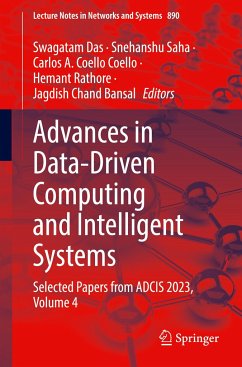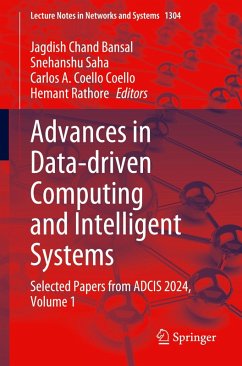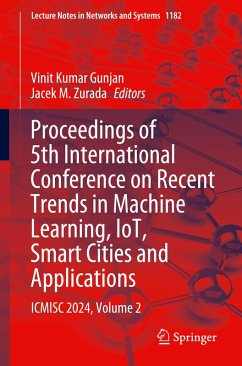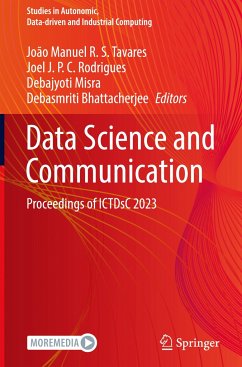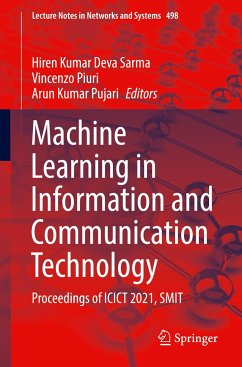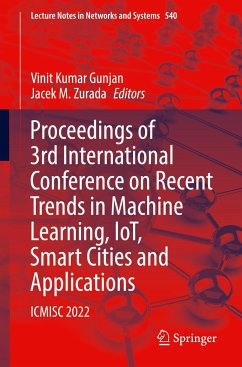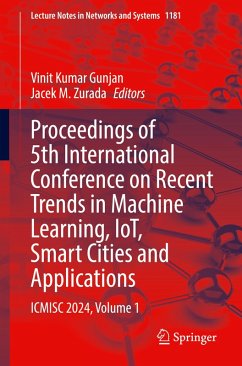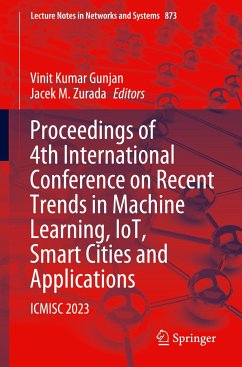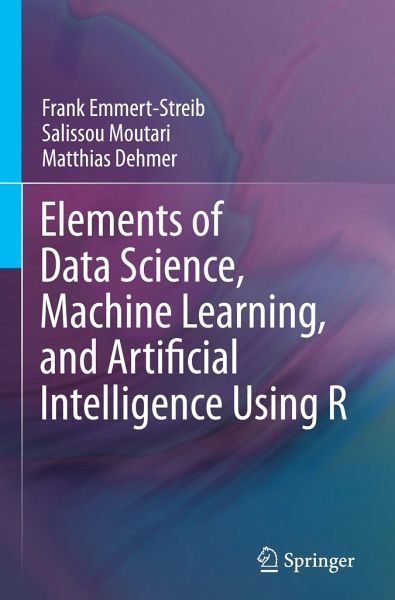
Elements of Data Science, Machine Learning, and Artificial Intelligence Using R
Versandkostenfrei!
Versandfertig in 1-2 Wochen
49,99 €
inkl. MwSt.
Weitere Ausgaben:

PAYBACK Punkte
25 °P sammeln!
The textbook provides students with tools they need to analyze complex data using methods from data science, machine learning and artificial intelligence. The authors include both the presentation of methods along with applications using the programming language R, which is the gold standard for analyzing data. The authors cover all three main components of data science: computer science; mathematics and statistics; and domain knowledge. The book presents methods and implementations in R side-by-side, allowing the immediate practical application of the learning concepts. Furthermore, this teac...
The textbook provides students with tools they need to analyze complex data using methods from data science, machine learning and artificial intelligence. The authors include both the presentation of methods along with applications using the programming language R, which is the gold standard for analyzing data. The authors cover all three main components of data science: computer science; mathematics and statistics; and domain knowledge. The book presents methods and implementations in R side-by-side, allowing the immediate practical application of the learning concepts. Furthermore, this teaches computational thinking in a natural way. The book includes exercises, case studies, Q&A and examples.



